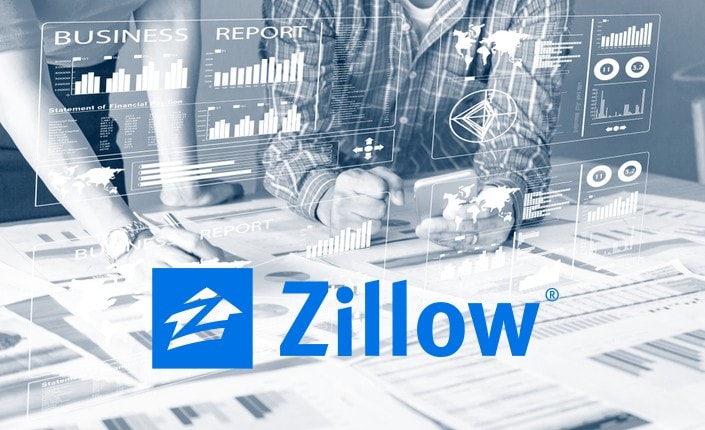
American portal giant Zillow has announced this week that it has upgraded its AVM for rentals.
This new version of the so-called Rent Zestimate is reportedly 5% more accurate than its predecessor and generates a property's expected rent income by considering a home's physical attributes and amenities, including square footage, number of bedrooms and bathrooms, and whether it has air conditioning, as well as public data such as the last sale price.
According to a press release, there are plenty of Americans who might benefit from an accurate rental price estimation for their property. Company research showed that 33 of the 50 largest U.S. metros feature rents higher than typical monthly mortgage payments and 7 of 10 rental properties in the U.S. are owned by individuals who typically own just one or two properties
They say that data is the new gold, and Zillow's newly improved tool is not just using data but is actively seeking it out as well. If a user is not satisfied with the Zestimate number given they are encouraged to 'claim' their property in the back end of Zillow's website and manually input data on the property such as the number of bedrooms, square footage and whether the property has undergone recent improvements.
Since its creation in 2006 by Zillow's Chief Analytics Officer Dr Stan Humphries, the Zestimate has been one of Zillow's crown jewels. The tool was in many ways the company's big breakthrough and in a recent podcast interview CEO Rich Barton spoke of just how important the tool was for Zillow in the early days and how the company's servers crashed from overuse within hours of its launch.
The Zestimate is constantly being tweaked and improved to give more accurate prices. Over the years Zillow has offered significant prize money to developers who can beat (and subsequently improve) its algorithm and recently announced that through the use of neural networking capabilities its sales Zestimate had a median error rate of only 6.9%.
The company is now so confident in the prices that it spits out that in February it made the bold decision to tie the offers it makes for homes through its iBuying division to the prices consumers see on their Zestimates.